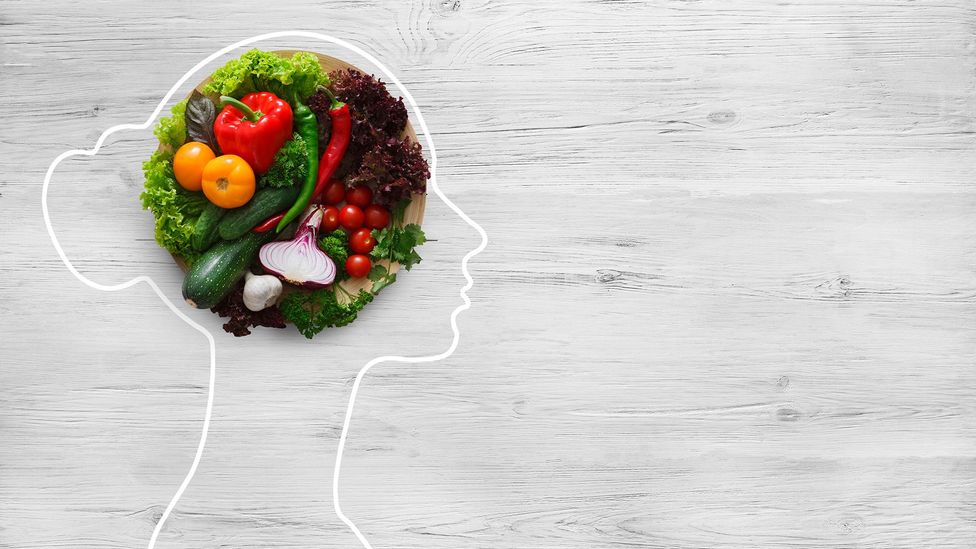Recently, plant-based diets have become a healthy and sustainable alternative to traditional meat-based diets. A plant-based diet involves consuming foods primarily from plants, such as fruits, vegetables, legumes, whole grains, nuts, and seeds, and excluding or minimizing animal products like meat, dairy, and eggs.

There are numerous benefits associated with plant-based diets, both for individuals and the environment. Let’s explore some of these benefits in detail.
Health Benefits:
Reduced Risk of Chronic Diseases: Plant-based diets are rich in fibre, vitamins, minerals, and antioxidants essential for maintaining good health. Studies and researches have shown that a vegetarian diet can lessen the likelihood of chronic diseases such as heart disease, diabetes, and specific types of cancer.
Weight Management: Plant-based diets tend to be lower in calories and higher in fibre, which can aid in weight loss and weight management.
Improved Digestion: The high fibre content in plant-based foods can also improve digestion and prevent constipation.
Environmental Benefits:
Reduced Carbon Footprint: Animal agriculture is one of the leading contributors to greenhouse gas emissions, deforestation, and water pollution. Plant-based diets require fewer resources and a lower carbon footprint, making them more sustainable and environmentally friendly.
Preservation of Natural Resources: Plant-based diets require significantly less water and land than animal-based diets. We can preserve natural resources and reduce our environmental impact by choosing plant-based options.
Challenges:
While plant-based diets have many benefits, some challenges come with adopting this lifestyle.
Nutrient Deficiencies: Plant-based diets may lack certain nutrients like vitamin B12, iron, and calcium, typically found in animal products. It is important to plan meals carefully and ensure adequate nutrients are consumed.
Social and Cultural Barriers: Switching to a plant-based diet may be challenging for individuals who are used to consuming animal products regularly. Social and cultural barriers may also make sticking to a plant-based diet challenging.
Cost: Plant-based diets may be more expensive than meat-based diets, especially if organic or speciality products are purchased. However, eating a variety of plant-based foods can be cost-effective.

In conclusion, plant-based diets offer many health and environmental benefits but present some challenges. With careful planning and education, it is possible to adopt a plant-based diet that is both nutritious and enjoyable. We can contribute to a healthier planet and future by making small diet changes.

